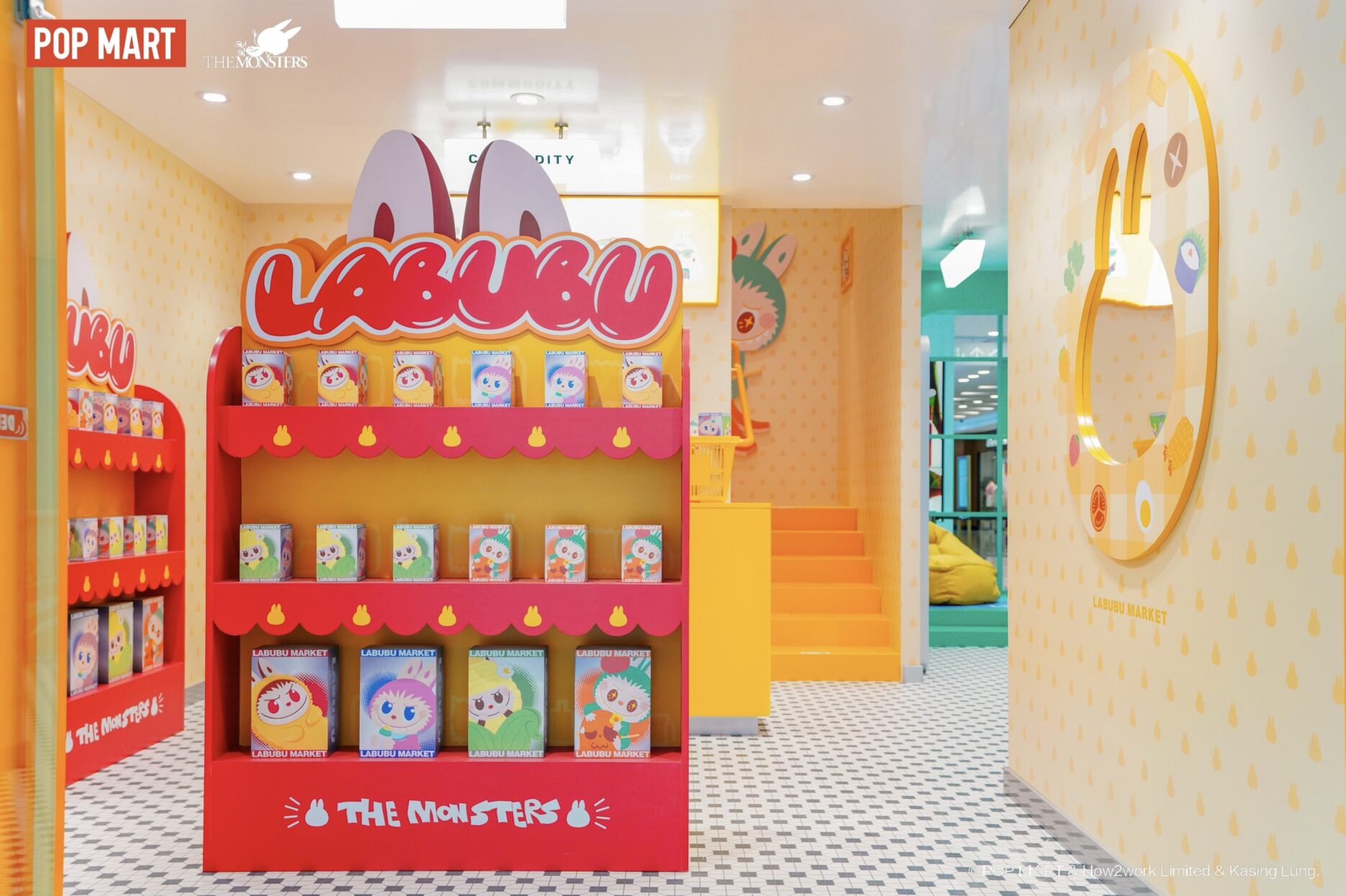Counterfeit LABUBU are everywhere. While technically a toy, LABUBU has also become a collectable and fashion “it” item, so it’s no surprise that fake ones exist. Even though the prowess of Chinese manufacturing remains, LABUBUs are still hard to come by. While seeing its second-hand price soar, there is sufficient demand for fakes. After all, people are already making LABUBU rentals a business.
There are two types of counterfeit LABUBU toys, one that is indistinguishable from the genuine, like typical fake luxury items, with sellers claiming that they had acquired authentic POP MART products for copying, complete with POP MART labels. This is popular among those who can’t get their hands on the latest 3.0 version and are affectionately called the “homeland version” (祖国版). Pricing for a (1 to 1) version of these can be as high as 430 RMB (59.94 USD) for half a dozen, just under the official 594 RMB (82.80 USD) pricing. Meanwhile, other versions can set you back 190 RMB (26.49 USD) for six (regular) or 360 RMB (50.18 USD) for six (high-end). The others are similar to the “shanzhai” (山寨) counterfeits that have a slightly modified look, either to avoid copyright infringement or due to inaccurate manufacturing and will use a different name such as LAFUFU.
You can usually find them in “small commodity” markets or other wholesale outlets, such as Huawiangbei in Shenzhen. However, recent regulatory visits have caused fewer merchants to openly display these items. Journalists also visited one of the counterfeit factories, where they have 5 production lines running 3 shifts a day to keep up with demand. Another dealer told journalists that no one is allowed to visit the factories, and that products are dispatched with a level of secrecy not unlike drug dealing. Only trusted clients can visit the warehouses in Yiwu, Zhejiang. Many pundits suspect that these factories might be connected or actually are the OEM factories that make LABUBU for POP MART, as this has been a common source of counterfeits in other markets.
The fake LABUBU are only sold in China; international clients are often spotted at dealers, and there are reports of LAFUFUs in the United States. With Wang Ning, founder and CEO of POP MART already planning to minimise production of LABUBU, how the toymaker can protect the value of its brand is perhaps the next problem it needs to solve.




